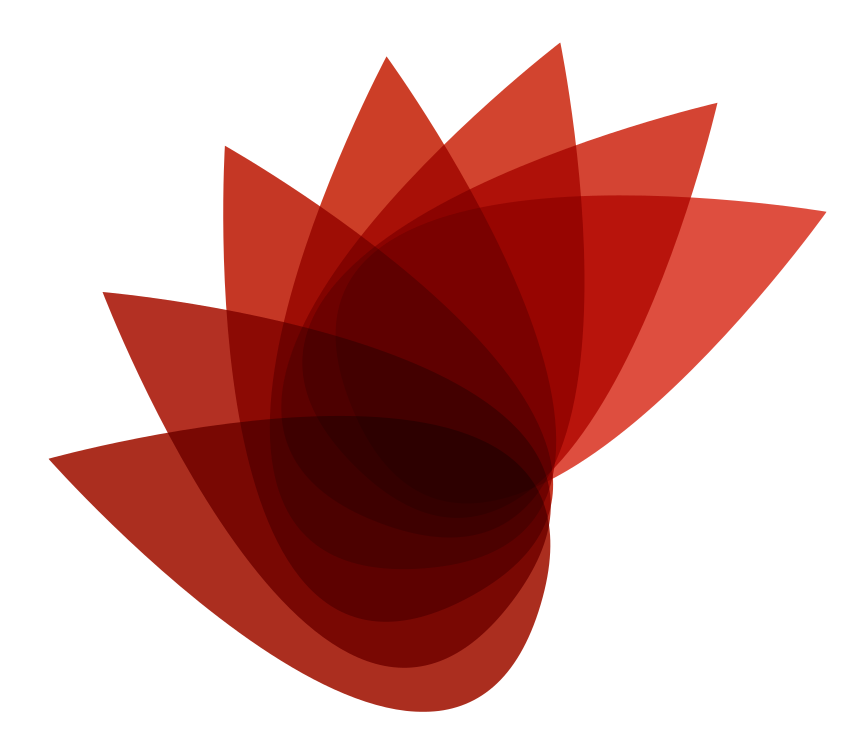- Descargar
Nosak&Bar-Anan_ScientificUtopiaIOpeningScienticCommunication_2013.pdf
Existing norms for scientific communication are rooted in anachronistic practices of
bygone eras making them needlessly inefficient. We outline a path that moves away
from the existing model of scientific communication to improve the efficiency in meeting
the purpose of public science—knowledge accumulation. We call for six changes:
(a) full embrace of digital communication; (b) open access to all published research;
(c) disentangling publication from evaluation; (d) breaking the “one article, one
journal” model with a grading system for evaluation and diversified dissemination
outlets; (e) publishing peer review; and (f) allowing open, continuous peer review.We
address conceptual and practical barriers to change and provide examples showing
how the suggested practices are being used already. The critical barriers to change
are not technical or financial; they are social. Although scientists guard the status
quo, they also have the power to change it.
 Comunidad MIPE-DIPE
Comunidad MIPE-DIPE 